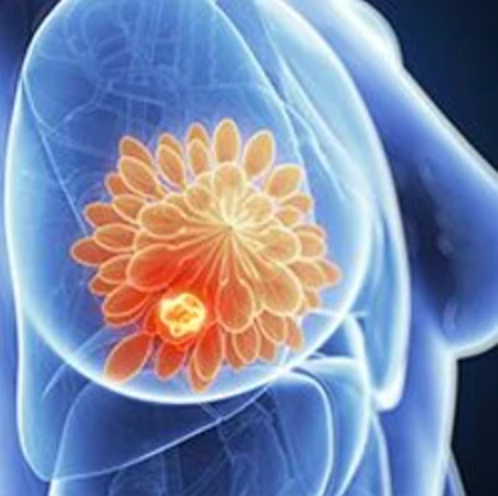Commentary
Video
Dr Lencioni on the Results of the EMERALD-1 Trial in Unresectable HCC
Author(s):
Riccardo Lencioni, MD, FSIR, EB, discusses the EMERALD-1 trial of TACE/durvalumab/bevacizumab in patients with unresectable hepatocellular carcinoma.
Riccardo Lencioni, MD, FSIR, EBIR, professor, director, Diagnostic Imaging and Intervention, Pisa University School of Medicine, discusses outcomes from the phase 3 EMERALD-1 trial (NCT03778957) investigating transarterial chemoembolization (TACE) combined with durvalumab (Imfinzi) with or without bevacizumab (Avastin) in patients with unresectable hepatocellular carcinoma (HCC).
The double-blind, global investigation evaluated patients with embolization-eligible unresectable HCC. To be eligible for the investigation, patients must have had Child-Pugh A to B7 liver function, an ECOG performance status 0 or 1, and no evidence ofextrahepatic disease. Outcomes from the study were reported during the 2024 Gastrointestinal Cancers Symposium.
The primary end point of the study was successfully met, Lencioni begins. Theincorporation of durvalumab with bevacizumab and TACE demonstrated a statistically significant and clinically meaningful improvement in progression-free survival (PFS) compared with TACE plus placebo, he emphasizes. The hazard ratio for PFS was 0.77 (95% CI, 0.61-0.98; stratified log-rank P = .032), and the median treatment duration was 8.67 months (95% CI, 0.9-45.5) in the control arm, representing one of the most noteworthy results reported with TACE in a global trial. Treatment duration persisted for a median of 13.75 months (95% CI, 1.6-40.6) in patients who received the combination of durvalumab, bevacizumab, and TACE, Lencioni elucidates.
The PFS advantage observed with durvalumab plus bevacizumab and TACE appears consistent across various patient subgroups and is notably evident in patients with limited tumor burden within the up to 7 criteria and those with more extensive dissemination beyond the episodic criteria, Lencioni continues. Although the study is still in progress for the secondary end point of overall survival, which was immature at the interim analysis and did not reach statistical significance, this trialhas ushered in a new treatment era for patients with HCC, he states. It is the first to demonstrate that combining local-regional liver-directed therapy with a systemically active drug can yield a statistically significant and clinically meaningful PFS benefit for patients, Lencioni concludes.









